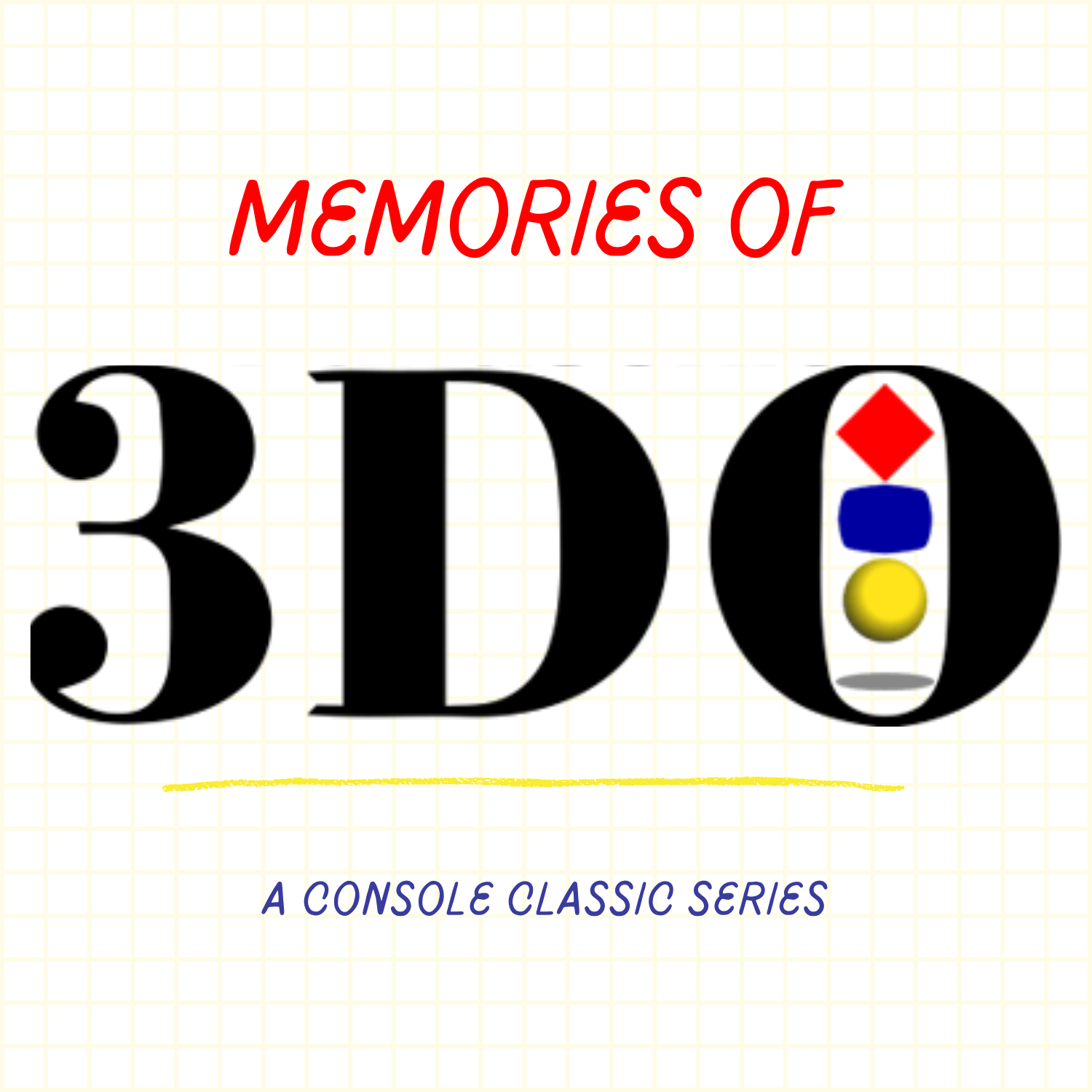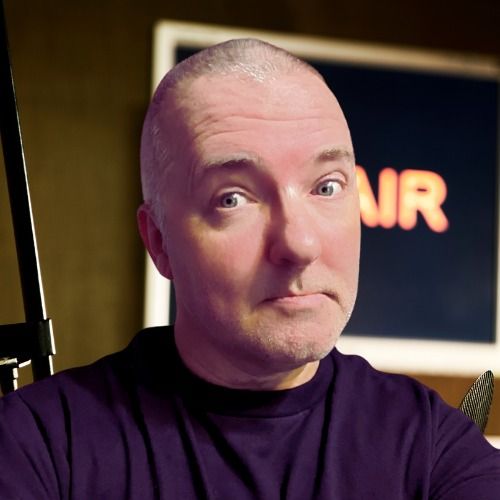1995: A Banner or Swan Song Year for 3DO?
If 1994 was the year that the 3DO finally got the quality games that had offered the promise the machine held, 1995 was when it truly solidified its reputation as a serious piece of kit.
Owners of the system were treated to excellent games like:
- Killing Time, a photo-realistic take on the first person shooting game
- Return Fire, an excellent multiplayer war game, where vehicles and strategy played a huge part
- Slam 'n' Jam, an awesome and super fun basketball game
- BattleSport, a futuristic sports battle game, and a forerunner to this generation's Rocket League
- Space Hulk: Vengeance, a hugely atmospheric shooter based on the popular board game
- and Demolition Man, a movie tie in that offered scenes from the Sylvester Stallone movie alongside a multi-genre platformer.
These were just some of the games that helped the 3DO company enjoy their best sales since launch. Coupled with the ongoing teases of the upcoming 64-bit upgrade, the M2, and other hardware partners releasing versions of the console, 1995 looked as if it was going to be a banner year for the machine.
However, there were storm clouds on the horizon, from both a gaming and a financial viewpoint. On the gaming front, while Sega had released the Saturn at the end of 1994, it was industry newcomer Sony who was making the biggest noise with their PlayStation, also released in Japan at the end of 1994.
Back at the 3DO company, despite the excellent games lineup the company published throughout the year, it was clear things weren't looking good. The Sega Saturn and the Sony PlayStation had essentially stalled sales of the 3DO console, and the licensing model that the 3DO company hoped would change things in the industry hadn't made the impact the company hoped for.
Get involved:
My equipment:
- Electro-Voice RE320
- Motu M2 Audio Interface
- Denon DJ HP-1100 Over Ear Headphones
- Podcast Pro Boom Arm by Accu-Lite and O.C. White
Recommended resources:
- Captivate.fm
- Aweber email marketing
- Accusonus audio plugins
- Boomcaster remote interviewing
- My Podcast Reviews
- Reel.so audiogram creator
This podcast uses the following third-party services for analysis:
Podtrac - https://analytics.podtrac.com/privacy-policy-gdrp
Transcript
You're listening to Memories of 3DO, a retrospective look at
Danny:Choose your preferred app to follow on.
Danny:And now this week's episode.
Danny:If 1994 was the year that the 3DO finally got the quality games that
Danny:1995 was when it truly solidified its reputation.
Danny:As a serious piece of kit owners of the system were treated to excellent
Danny:war game, where vehicles and strategy have played a huge part slamming jam
Danny:Space hope vengeance, a hugely atmospheric shooter based on the popular board
Danny:These are just some of the games that helped if radio company enjoyed
Danny:1995 looked as if it was going to be a banner year for the.
Danny:However there stone close on horizon from both a gaming and a financial viewpoint
Danny:Also released in Japan at the end of 1994, following an excellent CES tech
Danny:Fever pitch reached a frenzy by the table of the machines, Japanese launch.
Danny:At the end of 94, it sold a hundred thousand units on the first deal
Danny:The other game companies had managed was strong arcade games
Danny:Then PlayStation soon became the linen console for gamers
Danny:Back at the video company, despite the Exxon games laying up the company
Danny:Sega Saturn and a Sonic PlayStation had essentially
Danny:And the licensing model that the video company hoped would
Danny:Hadn't made the impact, the company hoped for while the licensing
Danny:It relied on units being shifted to make a profit.
Danny:This was especially true for the hardware partners like Samuel and Goldstar because
Danny:In 1995, the drop the price of the hardware to an extremely aggressive 2 99,
Danny:company had only sold 300,000 units in the U S despite being out for two years,
Danny:So the unit fare much better with sales of half a million units, but
Danny:Compare that to the a hundred thousand soreness PlayStation sold on the
Danny:And it was clear that the, a company and a machine we're going to struggle,
Danny:Well, that's what another podcast and the structural game and
Danny:The pressure was on the video company orders of its console,
Danny:Well, how do our partners and several software partners
Danny:It was clear if they were, the three deal was to continue
Danny:The company believed they're 64 bit upgrade and two would be the answer.
Danny:And once again, establish radio as a true next generation machine that
Danny:Offered hope for 30 days or owners that 1996 would be another
Danny:And the next episode of memories of the game release schedule starts to dry up


